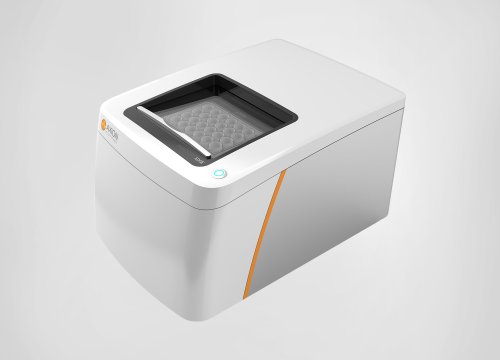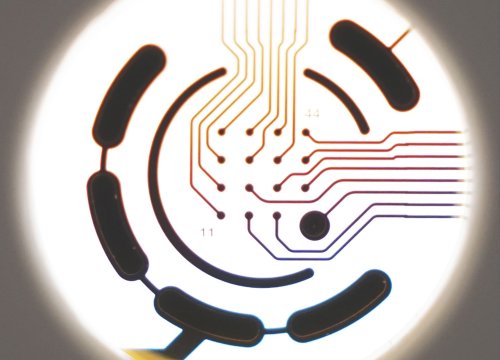Authors: Yang J, Argenziano MA, Burgos Angulo M, Bertalovitz A, Beidokhti MN, and McDonald TV.
Frontiers in Physiology, 2021.
Scientists use bioelectronic assays to demonstrate LMNA-associated differences in iPSC-derived cardiomyocytes and explore the influence of cardiac fibroblasts
Mutations in LMNA genes are a known cause of some hereditary cardiomyopathies, but scientists do not fully understand person-to-person differences in disease onset and severity, rates of progression, and arrhythmias. In this study, researchers used patient-specific induced pluripotent stem cells (iPSC) from seven people with various LMNA mutations to generate iPSC-derived cardiomyocytes (iCMs) and cardiac fibroblasts (iCFs) and examine whether phenotypic variability observed in people with familial arrhythmogenic cardiomyopathy is related to differences in LMNA mutation sites and types.
To noninvasively examine abnormal electrophysiology characteristics among different LMNA-iCMs in vitro, the researchers used Axion’s Maestro Pro multielectrode array (MEA) platform. The findings, which showed reduced beating rate and conduction velocity as well as increased field potential duration and excitation-contraction coupling compared to controls, demonstrate that differences in ion channel expression related to various LMNA mutations may help explain phenotypic variability seen in patients. Additional MEA recordings of iCMs co-cultured with iCFs suggest that cardiac fibroblasts may influence the functional impact of LMNA mutations. Although more research is needed, the authors suggest that these findings may allow scientists to discover new therapeutic approaches for people with LMNA mutations in the future.


